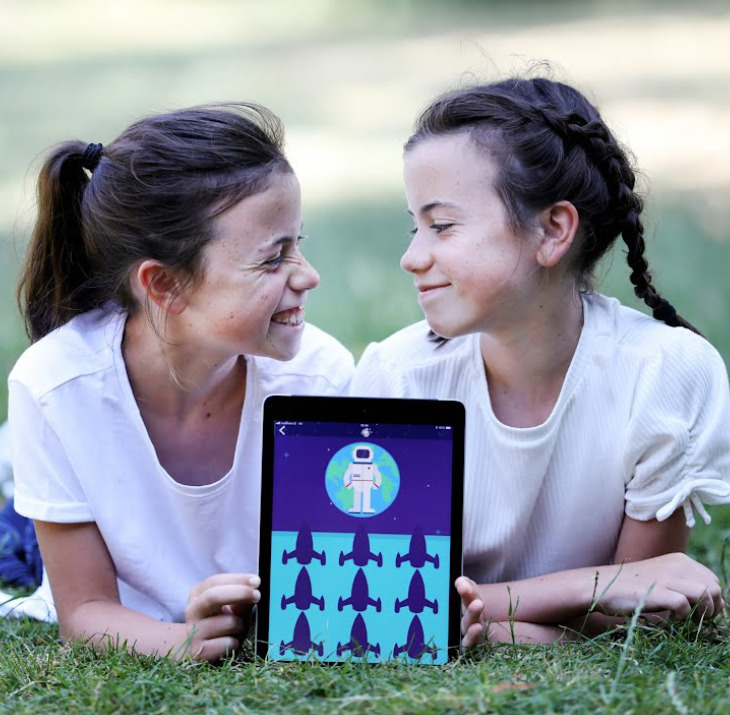Top School Tips
On average, 2 students in every classroom have Dyspraxia. Children and teens with DCD may experience difficulties with coordination, organization, and concentration. School can become quite stressful for children, however, we have some tips and tricks to help make school a little easier for children with Dyspraxia.
Many children with Dyspraxia face difficulties with handwriting. However, improvements can be made with regular practice every day. It is recommended that children with Dyspraxia practice ‘little and often’, to insure they don’t tire. Just a few minutes of practice each day can make a difference! The Beats Medical Dyspraxia app, Dystant Galaxy, focuses on targeting fine motor skills such as handwriting. Read more here.
Pencil grips, and backpacks with easy-to-grip zippers or velcro are good for those with symptoms related to fine motor skills.
Many children with Dyspraxia find it easier to type than to write. They often find it easier to take notes in class and do homework assignments on a computer.
Sitting near the front of the class is beneficial for children who experience difficulties with concentration. Here the student is less likely to be distracted.
Packing school bags and laying school clothes out the night before can help children with Dyspraxia feel organised. Stick to the same routine each morning and evening as much as possible.
PE can be daunting for children with coordination symptoms. Breaking down the exercises into manageable parts can make it easier. Practice the skills required to perform the sport and gradually build on them at home.
It is important that the teacher is aware of the child’s Dyspraxia. There are many ways in which a teacher can facilitate learning for a child with Dyspraxia, such as repeating instructions to ensure they understand.

The Beats Medical App includes exercises that are designed to help improve fine motor skills and gross motor skills which, over time, help to improve aspects of school work like handwriting, PE, concentration and planning. The app also focuses on speech and communication to aid social interactions. With an outer space theme, the app is appropriate for both boys and girls, with fun and engaging interactive game therapies.

